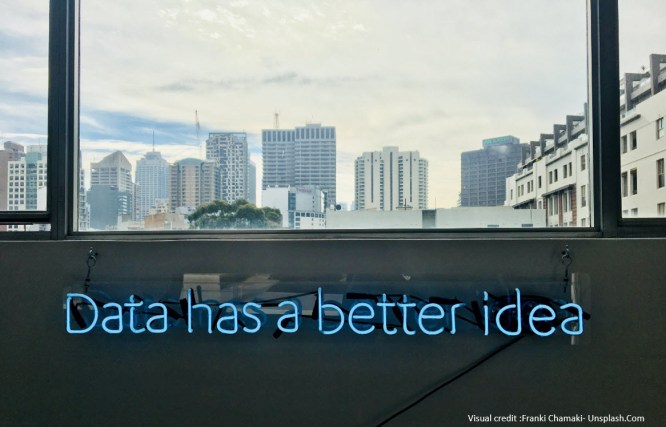
I have been undertaking some investigative work on sustainability. It is fascinating to read, evaluate and recognize how each business is tackling its response to this. Sustainability has become increasingly important when facing a climate crisis and a rapidly changing world where nature is significantly under threat. It is we, the human race, that has prompted the crisis but have the power to change this into a more equitable world.
You get the growing sense that various stakeholders around our businesses are placing pressure on organizations to respond far more to managing sustainability, especially the large, more global ones. The growing concerns will form around Governance, Strategy, Risk Management and Metrics and Targets for distinct disclosures relating to their business.
Business tends to fall back on the broad ESG themes
Business tends to ask the question, “How do we offer sustainability pathways to drive business value? Now that is a very targeted positioning, and you naturally ask the follow-up questions. Questions to naturally frame this are “how do we reduce costs and risks? “to strengthen the trust with stakeholders” and “find the new growth opportunities”. These perhaps give a sustainability pathway internally but do these really tackle the bigger external issues such as climate challenges, environmental degradation or social inequality. Is that the role of the business or Governments and institutions set up to balance and defend, like the UN or the WEF.
Business often gets caught in its own world searching for customer impact, making sure it is empowering its people, applying technology appropriately and having a growth mindset. These are very business goal-driven and, if applied well, do deliver a more sustainable world but is this enough in today’s world? I think this is too narrow, we need to really step outside and view how our purpose builds into the external issues, that we all face, recognizing a significant crisis is ahead.
Much as I can relate to the ESG approach, I am not confident it is pushing hard enough as a framework.
 So, what is the future for humanity, and where does technology with a purpose fit? Can we envision a new era of sustainability powered by IoT?
So, what is the future for humanity, and where does technology with a purpose fit? Can we envision a new era of sustainability powered by IoT? I recently listened to a great topic from a panel of experts that certainly opens all our thinking to all the possibilities ahead of us in the Industrial IoT world.
I recently listened to a great topic from a panel of experts that certainly opens all our thinking to all the possibilities ahead of us in the Industrial IoT world. Providing a digital twin solution in manufacturing is becoming a critical part of managing the complexity of the environment that entities have to increasingly operate within.
Providing a digital twin solution in manufacturing is becoming a critical part of managing the complexity of the environment that entities have to increasingly operate within. We are currently locked into a ‘battle of ecosystems.’ where our very existence is requiring one side to win, it simply must, to be more dominant.
We are currently locked into a ‘battle of ecosystems.’ where our very existence is requiring one side to win, it simply must, to be more dominant. Sadly, yesterday, 4th November 2019, the United States began the process of withdrawing from the Paris Agreement, notifying the UN of its intention to leave.
Sadly, yesterday, 4th November 2019, the United States began the process of withdrawing from the Paris Agreement, notifying the UN of its intention to leave.

 We all facing this growing pressure of time. In our daily work, in managing product and service life-cycles, as well as constantly considering business model overhauls as they become ever more connected.
We all facing this growing pressure of time. In our daily work, in managing product and service life-cycles, as well as constantly considering business model overhauls as they become ever more connected. You cannot escape the discussions around platform business models. Recently I saw that 50% of all organizations are either investing or considering a new platform business model. In a report provided by the IBM Institute for Business Value, released last year called “
You cannot escape the discussions around platform business models. Recently I saw that 50% of all organizations are either investing or considering a new platform business model. In a report provided by the IBM Institute for Business Value, released last year called “